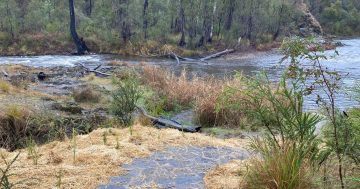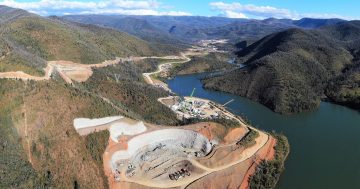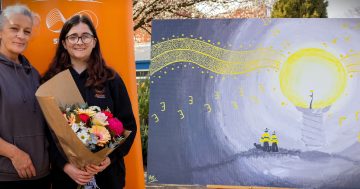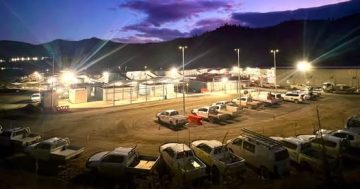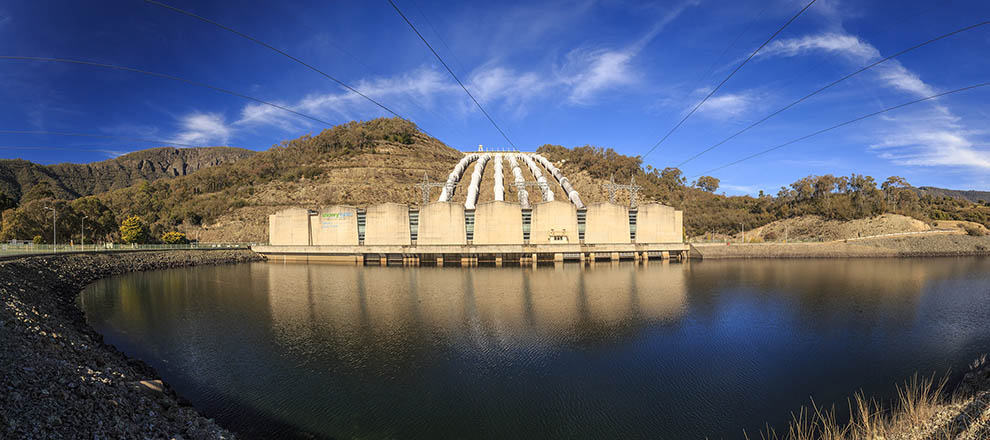
Snowy Hydro’s Tumut3 power station and the Talbingo Reservoir. The NSW Government has granted planning approval to the Snowy 2.0 project, but not everyone is happy about it. Photo: Snowy Hydro.
The chair of a key scientific committee has quit over the NSW Government’s planning approval of the controversial Snowy 2.0 project and called for an independent review of the threats, mitigation measures and long-term impacts of the scheme.
NSW Fisheries Scientific Committee chair Associate Professor Mark Lintermans, from the University of Canberra, says in his resignation statement that the NSW Government has granted an exemption to Snowy Hydro from two critical provisions of the NSW Biosecurity Act 2015 which are designed to prevent the transfer of invasive species.
“It is unprecedented for a government to grant an exemption that will likely cause the extinction in the wild of a species,” Associate Professor Lintermans said.
“I cannot continue to serve a government that so willfully ignores the destructive impact of Snowy 2.0 on two threatened fish species.”
He said the transfer of the invasive species, climbing galaxias and redfin perch, would have significant impacts on the critically endangered stocky galaxias and the endangered Macquarie perch.
The Snowy Hydro 2.0 scheme will construct a 27km tunnel to pump water from Talbingo Reservoir on the Tumut River to Tantangara Reservoir on the upper Murrumbidgee River.
Associate Professor Lintermans said the scheme would also likely transfer invasive fish species from Talbingo to Tantangara.
“Stocky galaxias are confined to a single 3km section of a small stream in Kosciuszko National Park, upstream of a waterfall that excludes trout. Unfortunately, the waterfall will not prevent climbing galaxias from invading the stocky galaxias population, with climbing galaxias expected to prey upon, and compete with, its critically endangered colleague,” he said.
NSW Deputy Premier John Barilaro said Snowy Hydro would have to invest $5 million in a captive breeding program for the threatened species, and install fish screens to minimise the risk of transferring pest species downstream.
It would also be required to develop an app to share information gathered for the project with visitors of the national park, and restore native vegetation and threatened species habitat.
Mr Barilaro’s office declined to comment specifically on Associate Professor Lintermans’ resignation.







